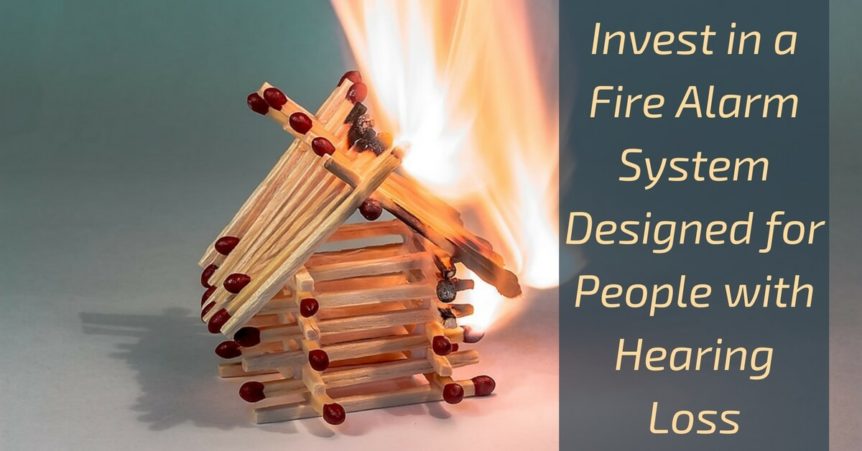Many people think hearing loss isn’t that big of a deal, and being hard of hearing is just an inconvenience. But hearing loss is far more than having difficulty following conversations, or needing to turn up the volume on the TV. Living with untreated hearing loss affects your life in many ways, and can be a real safety hazard.
The Dangers of Living with Hearing Loss
Living with untreated hearing loss is hard. How many times have you missed the ringing of the phone, or not heard the doorbell? You know you’re missing many of the sounds around you, but this could be a lot more dangerous than you think. Imagine spending an hour in the kitchen cooking dinner. Finally, everything is in the oven and you can sit down and relax for a while. Do you doze off in the living room? Will you wake up when the stove timer rings? Will you burn the food, or worse, start a kitchen fire? Not being able to hear sounds in the house can be deadly.
Outside isn’t so safe either. If you’re crossing the street, it’s important to be able to hear the honk from the car you didn’t notice, or the bike bell from the cyclist that just turned the corner. Behind the wheel, hearing loss can also be a safety hazard. Many warning signals are all auditory, like the honk from the car in your blind spot, the shout from a mother whose child has run into the road, or the wail of emergency sirens. If you can’t hear clearly, you and the people around you may be in danger.
Fire Alarms
When it comes to fire safety, those with hearing loss are also at risk. How many times have you missed hearing your alarm in the morning, and been late for work? If you’re hard of hearing, you know hearing and responding to alarms when you’re fast asleep can be impossible. And even if you have hearing aids, chances are you don’t wear them at night, so you still risk sleeping through the alarm that could save your life.
Why are alarms so hard to hear? Most alarms are high pitched, since people respond most quickly to these sounds. However, with many cases of hearing loss, the first sounds you lose are the high frequency sounds. Think about it. When was the last time you heard birds chirping, or the children playing on the street? High pitched sounds become more and more difficult to hear, so turning up the volume on an alarm doesn’t help you hear it.
Fire Safety for People with Hearing Loss
Thankfully, there’s a fire alarm system on the market designed specifically for people with hearing loss. These strobe alarms are used to wake up those with hearing loss by using high intensity flashing lights rather than just sound. You don’t have a problem sleeping through sound, but it’s nearly impossible to sleep through strobe lights.
If you have hearing loss, equip your home with an alarm system that can keep you safe. Many smoke alarm companies offer alarms with strobe lights, so all you have to do is call around and compare prices. For starters, you can check out BRK Electronics, Gentex Corporation, and Menards, Inc. Strobe alarm systems save lives, so make sure you’re taking steps to keep you and your family safe.
More Fire Safety Tips for Those with Hearing Loss
If you have severe hearing loss, and are afraid even the strobe lights won’t wake you, you have a few more options. Just like your phone alarm that vibrates to help you wake up on time, there are fire alarms that come with vibration notification appliances that can vibrate your pillow or shake your bed to make sure you’re awake. You can also get an alarm that rings at a lower pitch, so you’re much more likely to hear it than traditional, high pitched alarms. Finally, whatever smoke alarm system you use, make sure you test it monthly, and perform maintenance as needed.
If you are living with untreated hearing loss and are worried about your safety, both at home and on the street, visit us at Custom Hearing Solutions to talk about your hearing aid options. Treating your hearing loss is the best way to keep yourself and your loved ones safe.

